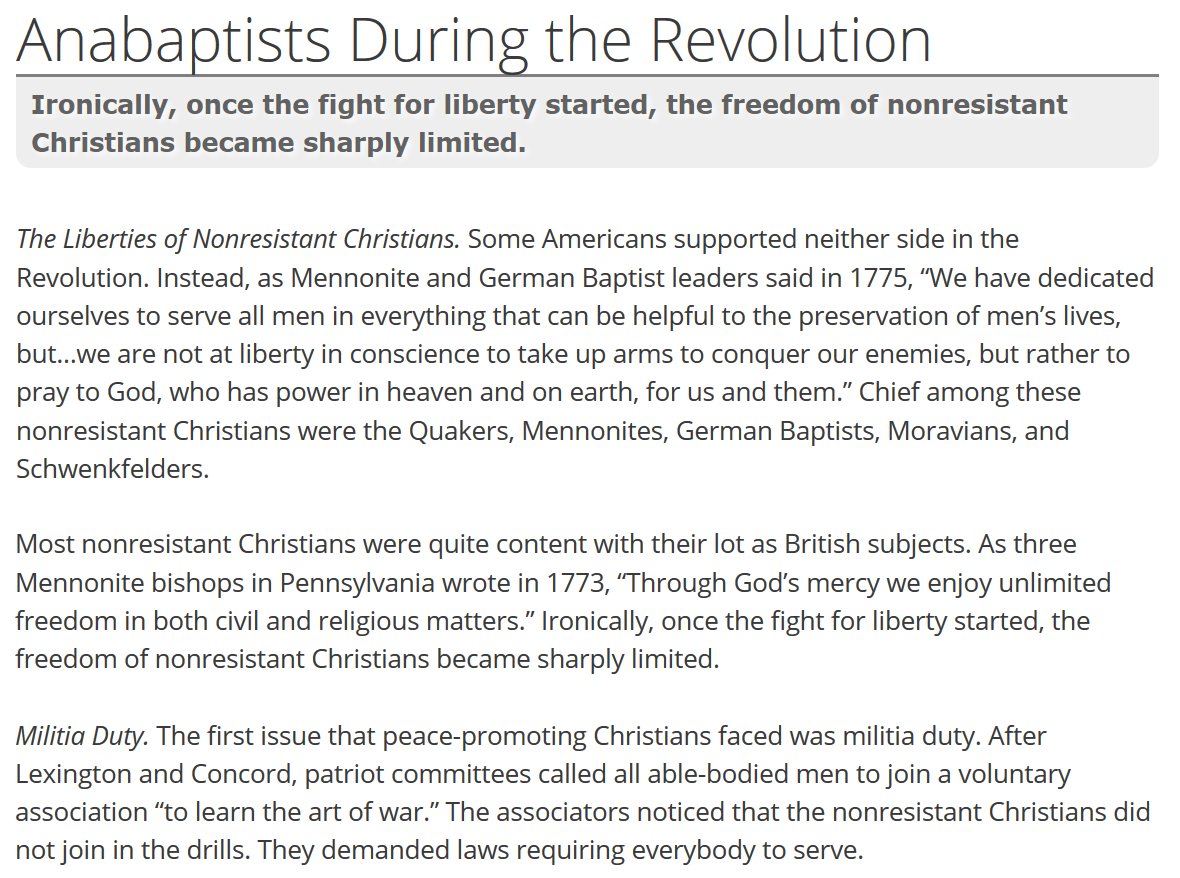Over at Life in the Shoe, Dorcas Smucker as a short-but-excellent post on Looking Like a Mom:
| Obviously the implication here is that looking like a mom is a bad thing. Maybe that’s because the popular perception is that looking like a mom is all physical, and all moms are sloppy and out of shape. At least that’s the impression I get when people meet me and insist that I can’t possibly have six children, which is flattering in its way, but I think the essence of a real mom shows up on her face and I hope that’s what people can see in me.
I am proud to be a mom, and I hope people can look at me and tell right off that if they have a problem they can tell me about it, that I’ve survived enough crises to know what to get upset about and what not to, that I’ll happily dispense advice, that I believe in better things for them, that I’ll drop everything to make them a cup of hot tea, that I’ll happily mother anyone who needs mothering. And if someone stops me in a store to ask what to buy for a ten-year-old, I’ll feel honored. |
Way to go, Dorcas!
While I do not wish to look like a mother (or a grandmother), I want to “feel” likewise honored in looking like a father or even a grandfather.
After all, that’s what I am.
Whether or not I look like one, let me be the best at both that I can be.
Long ago I wished for a father’s heart like the Father’s heart. My wish was sincere. And intense. And quite ignorant.
Ignorant because I didn’t know the breaking and restructuring the granting of such a wish would require.
Ignorant because I didn’t realize the fragility of such a heart. (No, that doesn’t make God fragile!)
Do I now have a heart like the Father’s? Not even close. But I’m far closer than I was before making that request of Him.
And I think I understand His heart better than I used to.
So — again — I ask: Let me look and love and lead and live like a father should.
And like the Father does.
